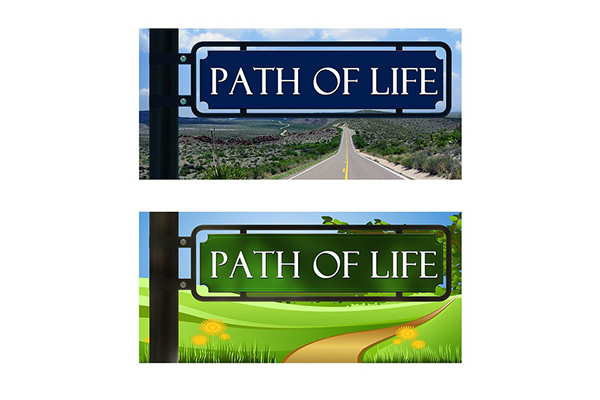Latest Articles
- Career Scaping: How Assessments Accelerate Career Growth and Increase Your Potential
- Career Planning for Adult Learners: Why Exploring Multiple Interests Matters
- Choosing the Right Major: Align Passions and Motivations for College and Career Success
- 2025 Career Assessment Boom: Beat AI Job Displacement
- Career Test: Discover Your Perfect Job with CareerTest.com
